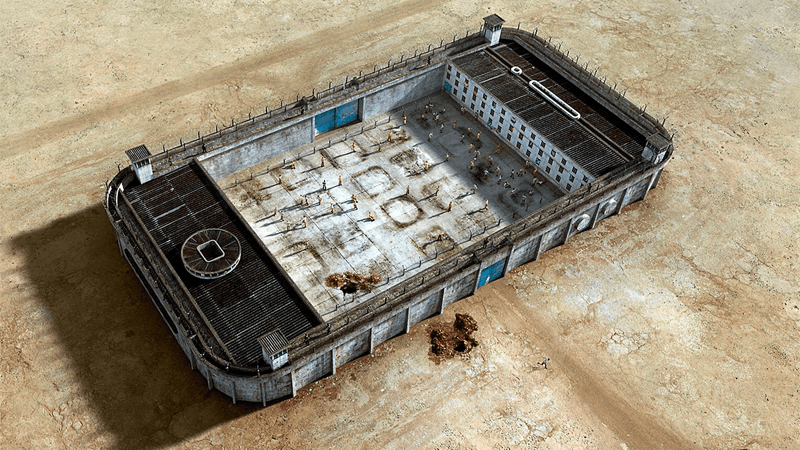The US House of Representatives on Tuesday approved a bill that would make unlocking your phone legal again. Dubbed the Unlocking Consumer Choice and Wireless Competition Act, the bill got the required number of votes (295-114) to pass.
Although the Digital Millennium Copyright Act (DMCA) restricts cell phone unlocking, the Library of Congress, which has the authority to grant exemptions, allowed customers to unlock their cell phones after their wireless contract with the company is fulfilled. But in 2012 the process became illegal after the nation's oldest federal cultural institution chose not to renew the DMCA exemption, which it had granted in 2006 and again in 2010.
The decision made it mandatory for consumers to obtain their carrier's permission in order to legally unlock their cell phones, even after the completion of their contract. This resulted in more than 114,000 people signing a White House petition in protest.
While the bill legalizes individual unlocking, it still prohibits bulk unlocking of devices for the purpose of resale – a provision which was added to the bill just before the vote. Consumer groups Public Knowledge and the Electronic Frontier Foundation pulled their support for the bill citing the clause prohibiting bulk unlocking, which has the support of CTIA, the lobbying association for cell phone service providers.
Senate Judiciary Chairman Patrick Leahy has introduced his own unlocking bill, although his support for the the clause prohibiting bulk unlocking is not certain. Last year, five major US carriers agreed to the FCC's demand to make it easier for consumers to "unlock" their mobile phones for use on a competitor's network.
